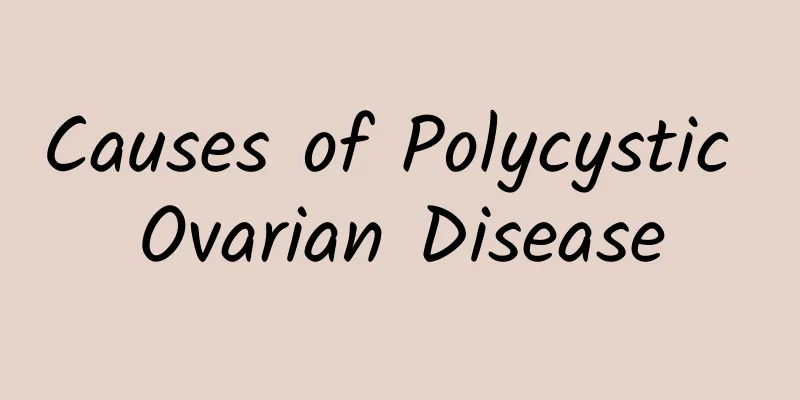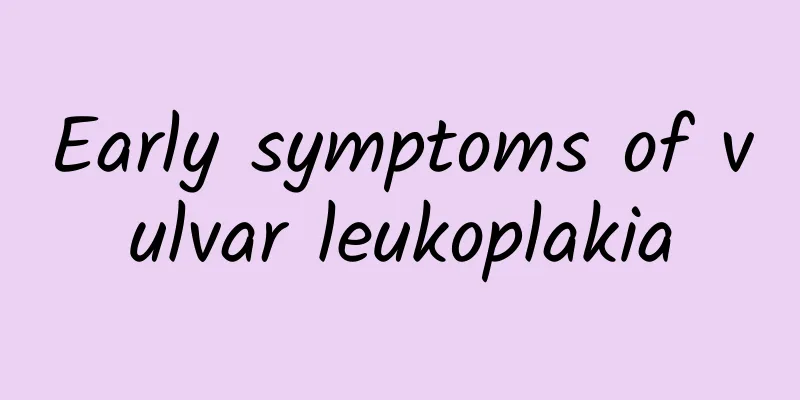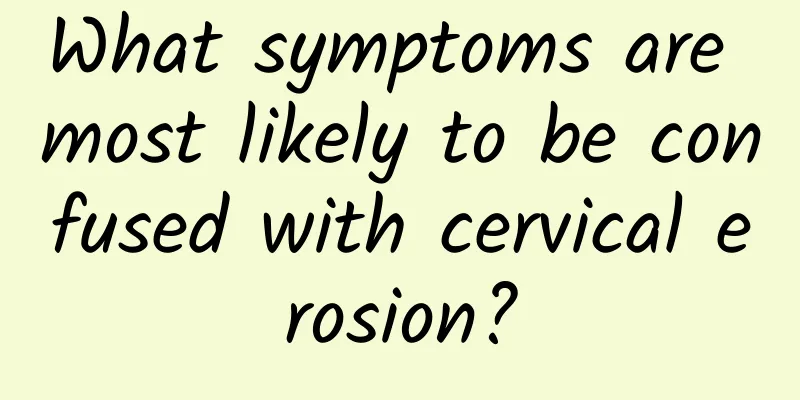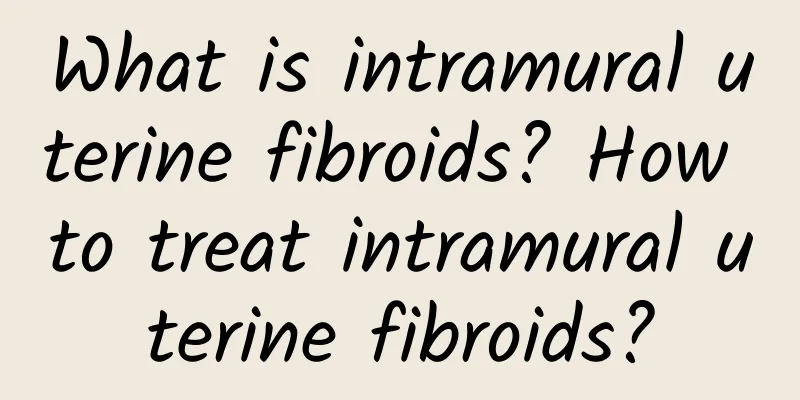Causes of Polycystic Ovarian Disease

|
Polycystic ovary syndrome is a common syndrome in women, and with the indifference of many female patients, the incidence of polycystic ovary syndrome is getting higher and higher. As a disease of endocrine and metabolic abnormalities, the causes of polycystic ovary syndrome are very complicated. The harm caused by polycystic ovary to women's health is also very large, and it is necessary to find out the cause and treat it with medicine in time. Causes of Polycystic Ovarian Disease 1. Hypothalamic-pituitary function problems Hypothalamic-pituitary function problems are the key reason why women cannot get pregnant, which is reflected in the fact that aromatase converts excessive male hormones in the female patient's jugular vein into unnecessary male hormones, or abnormal metabolism of steroid hormones produced by the female ovaries. Finally, it causes the female patient to ovulate slowly. 2. Hyperprolactinuria Because many patients with polycystic ovary have pRL protein kinase in their adrenal cytoplasm, which in turn secretes androgens to stimulate female adrenal cells. This is the reflection of hyperprolactinuria in patients with polycystic ovary. 3. Abnormal adrenal function The vast majority of female patients will have metabolic abnormalities and abnormalities in the relationship between the hypothalamus-pituitary-uterine ovarian axis. These are all caused by the continuous increase in the metabolism of male hormones due to adrenaline in patients with PCOS. 4. Genetic factors Some women with polycystic ovary syndrome also have symptoms due to abnormalities in the number and structure of chromosome X and the absence of the long arm of chromosome X. Although most patients have normal karyotypes, this is probably caused by the inheritance of dominant genes. Early symptoms of polycystic ovary syndrome 1. Menstrual disorders: The most common symptom of cystic ovarian syndrome is irregular menstruation. Patients usually experience infrequent menstruation and amenorrhea. Many patients also experience uterine bleeding, and the menstrual cycle and menstrual volume are very irregular. 2. Infertility: Polycystic ovary syndrome can hinder women's ovulation period, leading to infertility. 3. Excessive hair and acne: Women with polycystic ovary syndrome usually have excessive hair, which is caused by hyperandrogenism, causing the growth of hair on women's bodies to show a male tendency. It can also cause oily skin and acne in women, which is because the patient's body's excessive androgen stimulates the sebaceous glands. 4. Obesity: More than half of the patients with polycystic ovary syndrome suffer from obesity, which is the most clinical symptom of this disease. |
<<: How long does it take for ovulation to occur in polycystic ovary syndrome?
>>: What does polycystic changes in the left ovary mean?
Recommend
What's wrong with hemorrhoids? Will it affect menstruation?
What's wrong with hemorrhoids? Will it affect...
Nursing record of cervical precancerous lesions
Although milder cervical precancerous lesions are...
What are the symptoms of uterine fibroids?
What are the signs of uterine fibroids? Uterine f...
What are the symptoms of adnexitis?
Among the many symptoms of adnexitis, there are t...
Why do women have cervical erosion? Four major reasons cause cervical erosion
Cervical erosion is a common gynecological diseas...
A brief analysis of psychological therapy for the treatment of vulvar leukoplakia
In the process of treating vulvar leukoplakia, in...
Do you know the clinical diagnosis of dysmenorrhea?
According to the survey, most female friends will...
Can chronic cervicitis in women heal itself? Pay attention to these matters when treating chronic cervicitis
Chronic cervicitis cannot heal itself. If the tre...
Cervical precancerous lesions go to hospital for treatment
Cervical precancerous lesions are the malignant t...
What are the symptoms after cervical erosion surgery
What are the symptoms after cervical erosion surg...
Can I get pregnant with uterine fibroids? Is it dangerous?
Women with uterine fibroids can get pregnant in s...
What are the methods to relieve dysmenorrhea?
In recent years, more and more female friends hav...
The cause of ectopic pregnancy caused by fertilized egg migration
Before treating any disease, you must first under...
What are the symptoms of adnexitis?
Adnexitis is a disease caused by many factors. Su...
What is the best way to eliminate uterine fibroids? What is the secret recipe to eliminate uterine fibroids?
What is a good way to eliminate uterine fibroids?...









